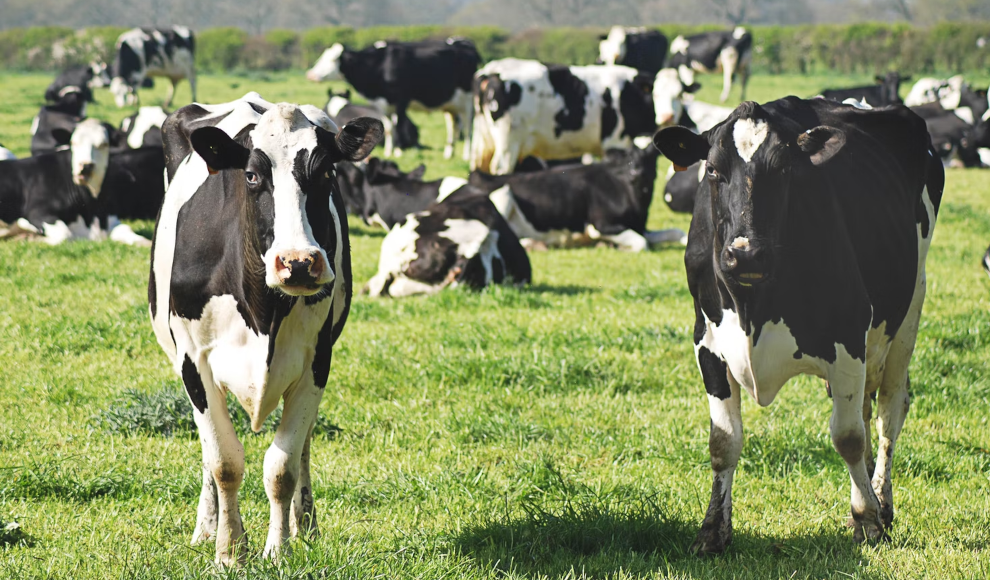The conventional agriculture industry in Germany is causing high externalized costs that are not reflected in the prices of food products. According to Hubert Heigl, the chairman of the Bavarian Association for Organic Farming, consumers are not paying for the environmental and societal costs of conventional agriculture, which is why conventional food products are cheaper than organic ones. If consumers were to pay for all the costs associated with conventional food production, prices would double, says Heigl. This is confirmed by a research project conducted by Professor Tobias Gaugler from the Technical University of Nuremberg and Amelie Michalke, a business engineer from the University of Greifswald. They found that the societal costs of agriculture are immense, and if these costs were added to the prices of food products, a kilogram of conventional beef would cost 18.84 euros instead of 9.18 euros.
The difference in prices between conventional and organic food products is significant for other items as well. For example, a kilogram of Gouda cheese would cost 12.94 euros instead of 7.98 euros. The study estimates that the agriculture industry in Germany causes ecological costs of around 90 billion euros per year, while the industry’s gross value added is only around 21 billion euros per year. The main reason for this discrepancy is the excessive use of nitrogen in fertilizers, which leads to nitrate pollution in groundwater. The excess nitrogen is converted into nitrate, which contaminates groundwater and requires costly treatment by water suppliers.
The societal costs of conventional agriculture are not reflected in the prices of food products, which means that consumers are not paying for the environmental and societal damage caused by the industry. This is a significant issue that needs to be addressed to ensure that the agriculture industry is sustainable and does not cause harm to the environment and society.










